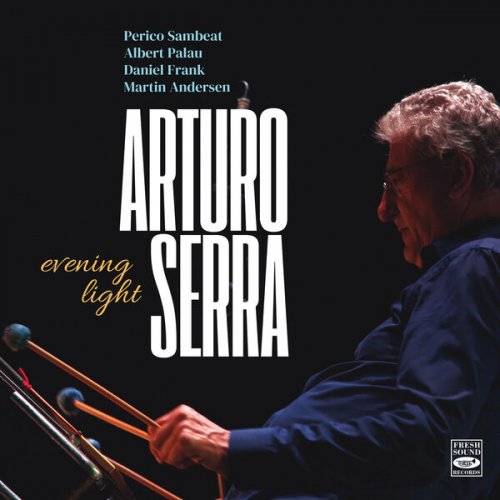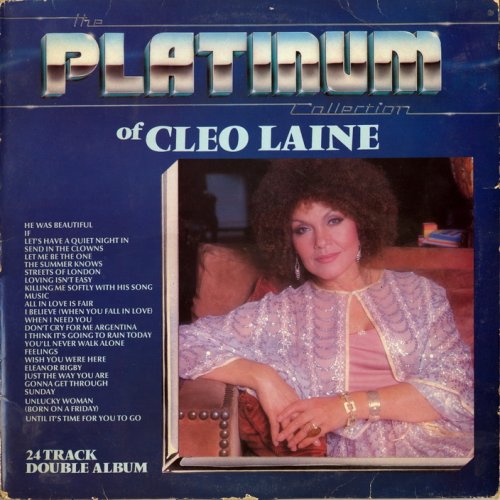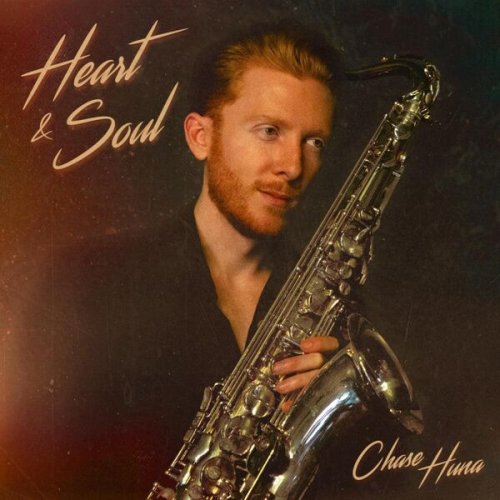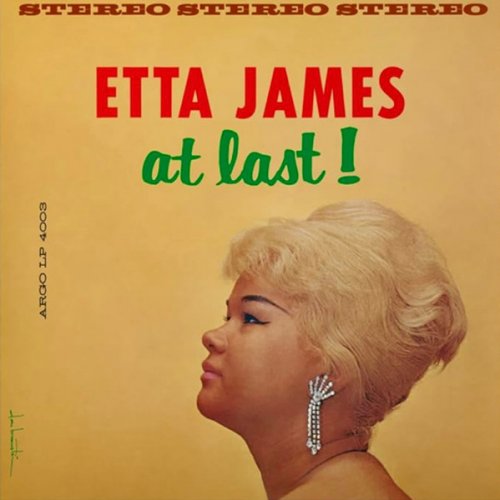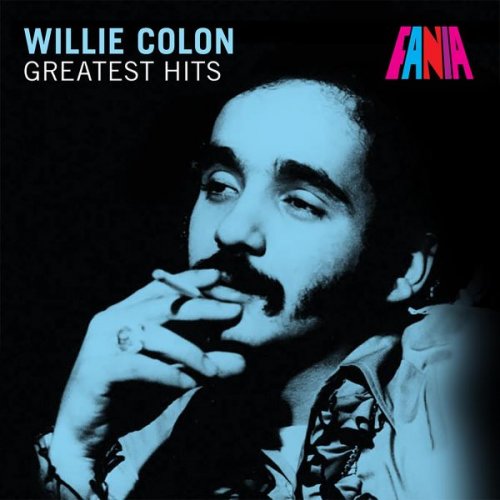Anne Sofie von Otter, The Finnish Radio Symphony Orchestra & Hannu Lintu - Sibelius: Tapiola, En saga & Songs (2017) [Hi-Res]
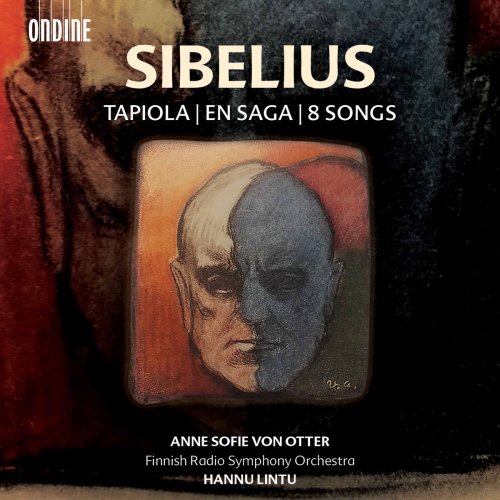
Artist: Anne Sofie von Otter, The Finnish Radio Symphony Orchestra, Hannu Lintu
Title: Sibelius: Tapiola, En saga & Songs
Year Of Release: 2017
Label: Ondine
Genre: Classical
Quality: flac lossless / flac 24bits - 48.0kHz
Total Time: 00:55:02
Total Size: 222 / 498 mb
WebSite: Album Preview
TracklistTitle: Sibelius: Tapiola, En saga & Songs
Year Of Release: 2017
Label: Ondine
Genre: Classical
Quality: flac lossless / flac 24bits - 48.0kHz
Total Time: 00:55:02
Total Size: 222 / 498 mb
WebSite: Album Preview
---------
01. Tapiola, Op. 112
02. En saga, Op. 9
03. De bägge rosorna, Op. 88 No. 2 (Arr. A. Sallinen)
04. Sippan, Op. 88 No. 4 (Arr. A. Sallinen)
05. Dold förening, Op. 86 No. 3 (Arr. A. Sallinen)
06. Under strandens granar, Op. 13 No. 1 (Arr. A. Sallinen)
07. Kyssens hopp, Op. 13 No. 2 (Arr. A. Sallinen)
08. Hennes budskap, Op. 90 No. 2 (Arr. A. Sallinen)
09. Men min fågel märks dock icke, Op. 36 No. 2 (Arr. A. Sallinen)
10. Jägargossen, Op. 13 No. 7 (Arr. A. Sallinen)
Mezzo-soprano Anne Sofie von Otter is known for her versatility in operatic roles, her interesting recital choices, and her willingness to take vocal risks.
Her father was a Swedish diplomat whose career took the family to Bonn, London, and back to Stockholm while Anne Sofie was growing up. As a result, she gained fluency in several languages. She studied music at the Guildhall School of Music and Drama in London. Her main voice teacher was Vera Rozsa, while Erik Werba and Geoffrey Parsons coached her in lieder interpretation. She gained a contract with the Basle Opera in 1983 and remained there until 1985, debuting as Alcina in Haydn's Orlando Paladino. A tall, statuesque woman, she took several male roles written for mezzo-sopranos ("trouser roles"), including Cherubino in Mozart's Marriage of Figaro, Hänsel in Humperdinck's Hänsel und Gretel, Orpheus in Gluck's Orfée et Eurydice, Octavian in Strauss' Rosenkavalier, the Composer in Strauss' Ariadne auf Naxos, and the title role of Rossini's Tancredi.
One reason for the high proportion of Baroque- and Classical-era operas in her repertory is an important working relationship with conductor John Eliot Gardiner. She first auditioned for him in 1985, but failed to make an impression then. It was only with a subsequent chance for him to hear her that he began working with her. She has joined him in recordings of Beethoven's Ninth Symphony; Mozart's Clemenza di Tito, Idomeneo, and Requiem; Monteverdi's La favola d'Orfeo and L'incoronazione di Poppea; Handel's Agrippina and Jephtha; Gluck's Orfée et Eurydice; and Bach's Christmas Oratorio and St. Matthew Passion. He also conducted von Otter's recording of Weill's Seven Deadly Sins and selected theater songs.
Another major artistic partner is pianist Bengt Forsberg, her recital partner and a leading scholar of song literature. Von Otter relies on him to suggest songs and organize the programs of her recitals. With him, she has tended to specialize in lieder from the beginning and end of the Romantic period, including well-received recordings of songs by Schubert, Schumann, Brahms, Zemlinsky, Korngold, and Mahler as well as the late Romantic Nordic composers Grieg, Alfvén, Rangström, Stenhammar, and Sibelius. Other recordings include Terezin/Theresienstadt, music from the concentration camp; Love Songs by Brad Mehldau; and 2013's Douce France.
When she came to record Weill's Seven Deadly Sins, she used the original version for high soprano, a range she possesses, rather than the once-traditional mezzo-soprano version made for Lotte Lenya late in that singer's career. Von Otter has also recorded Alban Berg's Seven Early Songs, another strain for many high sopranos. In addition, she is not averse to stretching her voice for dramatic effect. "I believe in shock effects," she once said in an interview. However, past the age of 40 she had some particularly bad experiences as a result of these two tendencies and, she admits, hurt her voice. As a result, she has decided to be "sensible" and transpose down.
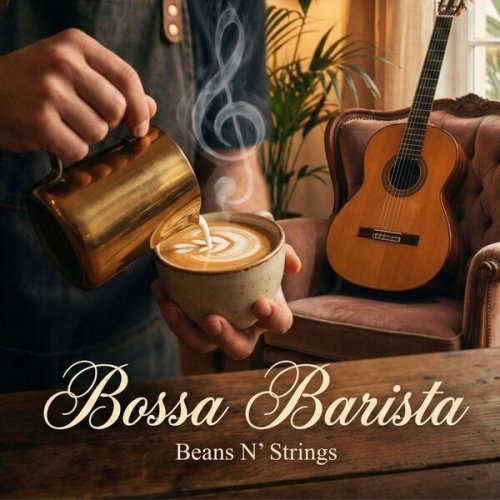
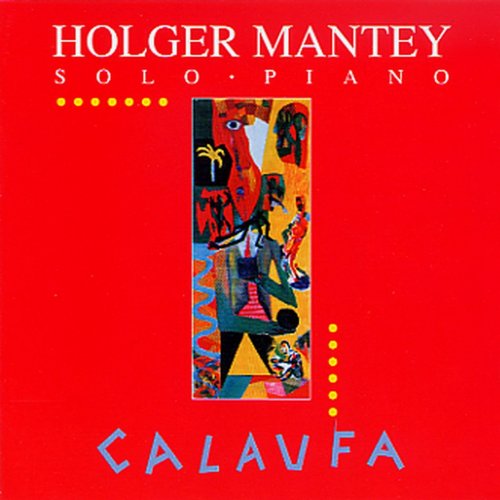
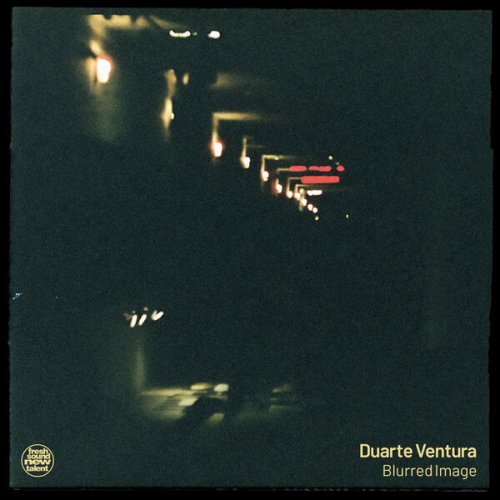
![Lexington - HARD BOP TANGO (2026) [Hi-Res] Lexington - HARD BOP TANGO (2026) [Hi-Res]](https://www.dibpic.com/uploads/posts/2026-02/1772180664_cover.jpg)
